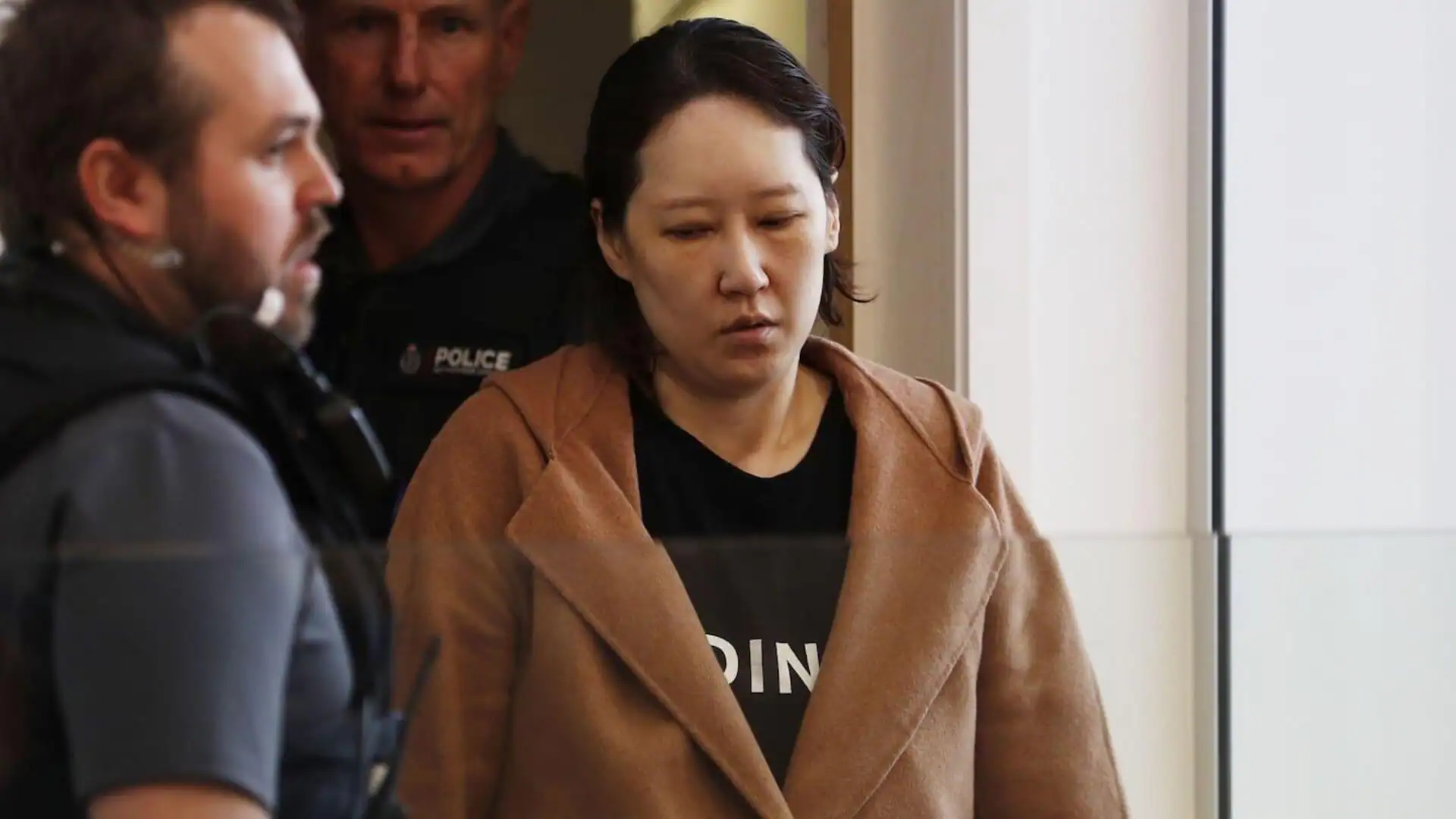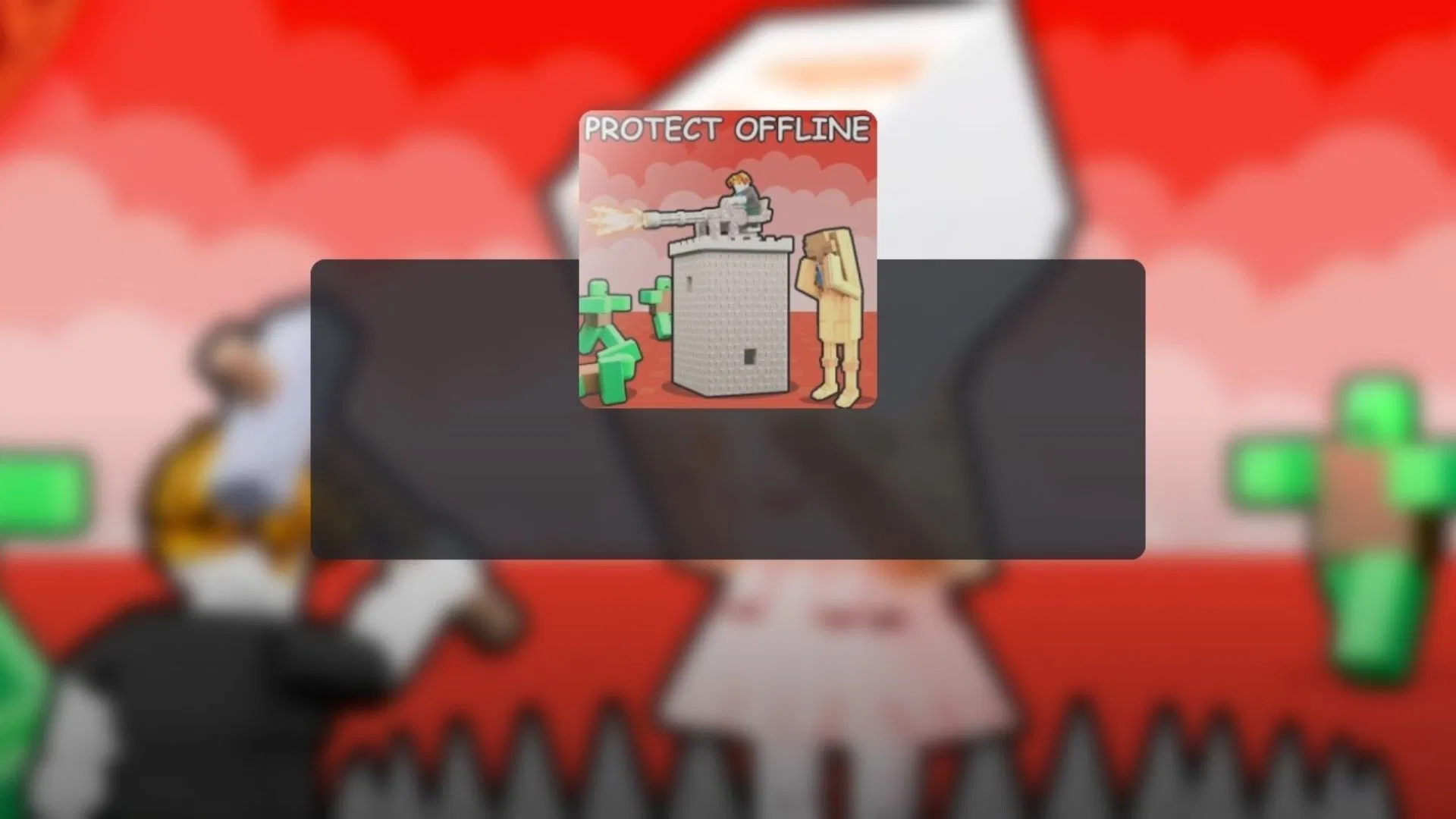By Snehil Singh
Copyright newsbytesapp

In a high-profile case that shocked New Zealand, Hakyung Lee has been found guilty of murdering her two children and hiding their bodies in suitcases. The verdict was delivered by the Auckland High Court after a trial that lasted about two weeks. Lee, 45, had pleaded not guilty to the charges. The prosecution argued that her actions were premeditated, while the defense claimed she was insane at the time of the killings. The bodies of Lee’s children, Yuna Jo and Minu Jo, aged eight and six at the time of their deaths, were found in August 2022, inside suitcases bought at a storage unit auction in Auckland. They had been dead for three to four years when their remains were discovered by a family who bought an abandoned storage unit in Auckland. The prosecution said the children died from homicide by unspecified means, including the use of nortriptyline, an antidepressant. The defense claimed that Lee’s mental health deteriorated after her husband Ian Jo died of cancer in 2017. They argued that she believed it was best for her family to die together, leading to an alleged suicide attempt with nortriptyline. However, the prosecution countered this by highlighting Lee’s rational actions in concealing the bodies and fleeing New Zealand as evidence of her sanity at the time of the murders. Lee, a New Zealand citizen, fled to South Korea and changed her name in 2018, shortly after the children are believed to have been killed. She was born in South Korea and went by the name Ji Eun Lee before. She was deported from South Korea in November 2022. The corpses were discovered after Lee stopped paying rental fees for the Auckland storage facility. The locker’s contents were auctioned off online, and the buyers discovered the bodies inside. The jury took around three hours to deliberate before returning a guilty verdict. Lee showed no reaction as the verdict was announced. She will be sentenced in November and could face life imprisonment with a minimum non-parole period of 10 years under New Zealand law. During the trial, she sat between a translator and a security guard with her head bowed and her hair covering her face.



